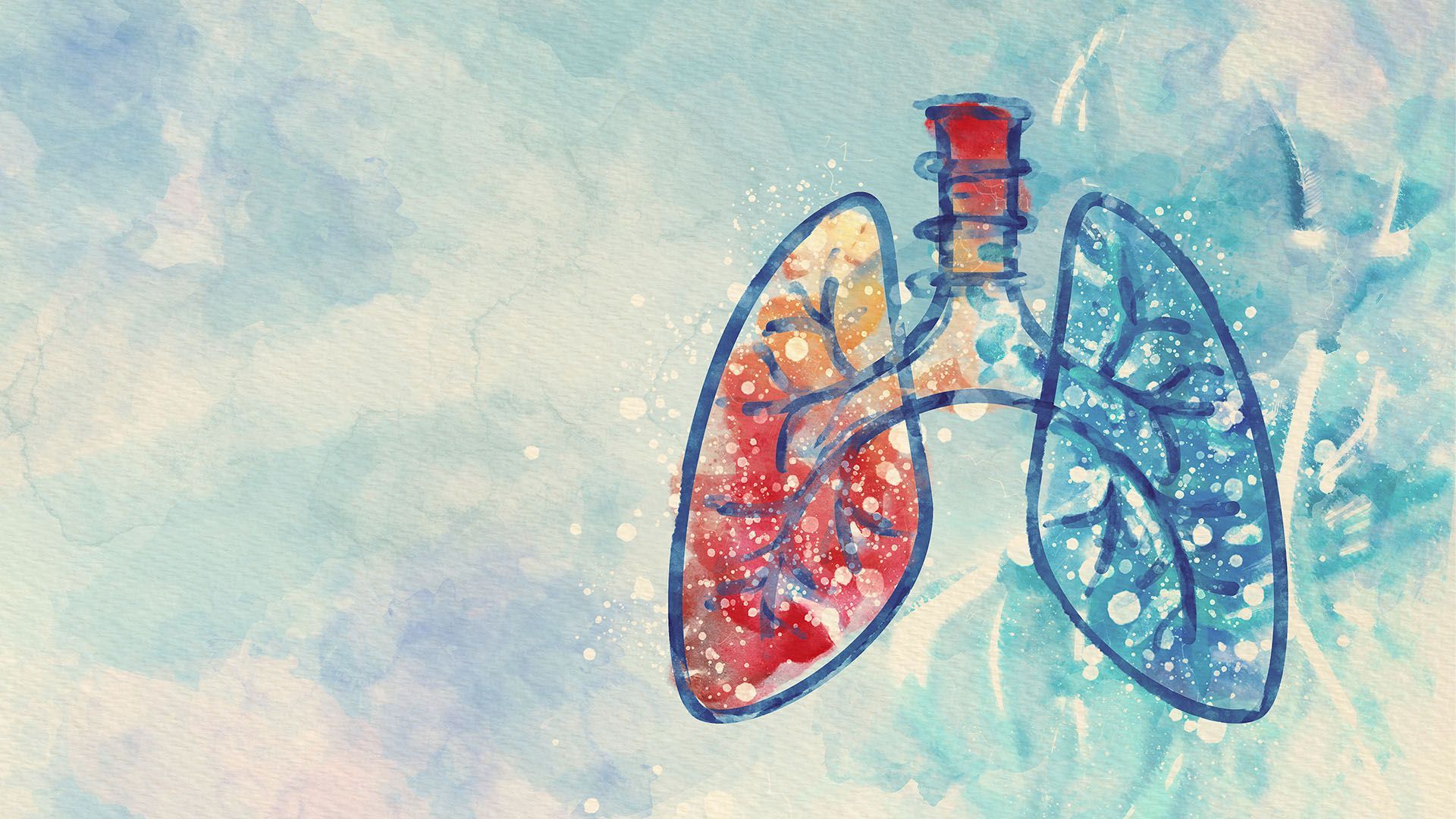Protect yourself, know the warning signs of TB
Around 30% of South Africans have dormant tuberculosis
Many people don’t realise that the leading cause of natural death in South Africa is tuberculosis (TB) despite it being curable. This underscores the urgent need to boost awareness not only of this potentially fatal illness but also the crucial importance of completing TB treatment.
According to specialist pulmonologist Dr Rajesh Bodasing of Netcare uMhlanga Hospital, about 30% of South Africa’s population has latent, or dormant, TB.
“This means a person has been exposed to TB but has no symptoms at all as their immune system has managed to keep the disease under control. This is quite common in South Africa because we are in a high TB endemic area.”
Dr Bodasing explains that TB can be contracted at any age. “The general symptoms to look out for are fatigue, fever, a persistent cough, weight loss, and very pronounced night sweats. Patients sometimes disregard the symptoms they are experiencing and think the fatigue may be due to stress. Unfortunately, people often ignore their chronic cough as well, and so TB is generally diagnosed late.”
He stresses that the most important thing a person can do if their symptoms don’t go away after being ill is to seek medical help early. “Most times, within a week or two of viral infection, your symptoms should completely resolve. If your symptoms are prolonged, you must see your doctor.”
A clinical examination and a chest x-ray are usually the first steps in confirming or eliminating TB infection.
“If the chest x-ray suggests TB, the next step is to do a sputum test. It’s easily done, and the results from most laboratories take one or two days. We normally take that as a confirmatory test if the symptoms, the x-ray and the sputum tests suggest TB.”
Active TB means the person is experiencing symptoms of TB, explains Dr Bodasing. “When your body’s immunity can’t keep the disease under control, this leads to active TB. It’s normally picked up on a blood test or on a Mantoux test on the skin of the forearm to see if there is a positive reaction for TB infection. With active TB comes the symptoms, like a persistent cough, a fever and night sweats.”
Dr Bodasing warns that TB can affect anybody. “Generally, with active TB, your immune system is low, either from an infection or medication causing immune suppression. The HIV+ population have a higher risk of contracting TB. Overcrowding and poor nutrition are also risk factors.”
The standard regime for TB treatment is a cocktail of drugs. “Generally, for TB of the lungs, we treat the patient for six months. If the patients comply and take their full course of medication as prescribed, it is largely an effective treatment.
“Unfortunately, in South Africa, our cure rate for TB is low. This is due to multiple factors like late diagnosis and poor medication compliance among patients. People start feeling better and stop taking their medication, mistakenly thinking they no longer need it.
“Although it is very important for patients to finish their treatment, most unfortunately don’t complete the treatment, leading to multiple problems around the spread of TB and drug resistance.” Dr Bodasing says that both multidrug-resistant (MDR) and extremely drug-resistant (XDR) TB are present in South Africa. Patients with MDR and XDR TB are usually referred to specialised treatment centres.
“There are two very promising developments in the fight against TB. Firstly, TB can be difficult to diagnose; however, the emergence of tests for the rapid diagnosis of TB means that people can start treatment earlier,” he says.
“There are also exciting developments regarding a more effective vaccine for TB. Although children receive the BCG vaccine at birth and in childhood, it helps prevent serious TB infection and TB meningitis, but it has minimal effect in adulthood.
“Fortunately, there is a lot of new research and advancing clinical trials for new TB vaccines. These provide hope as if we can prevent TB, the incidence and the spread of this threat to health could be dramatically reduced.”













